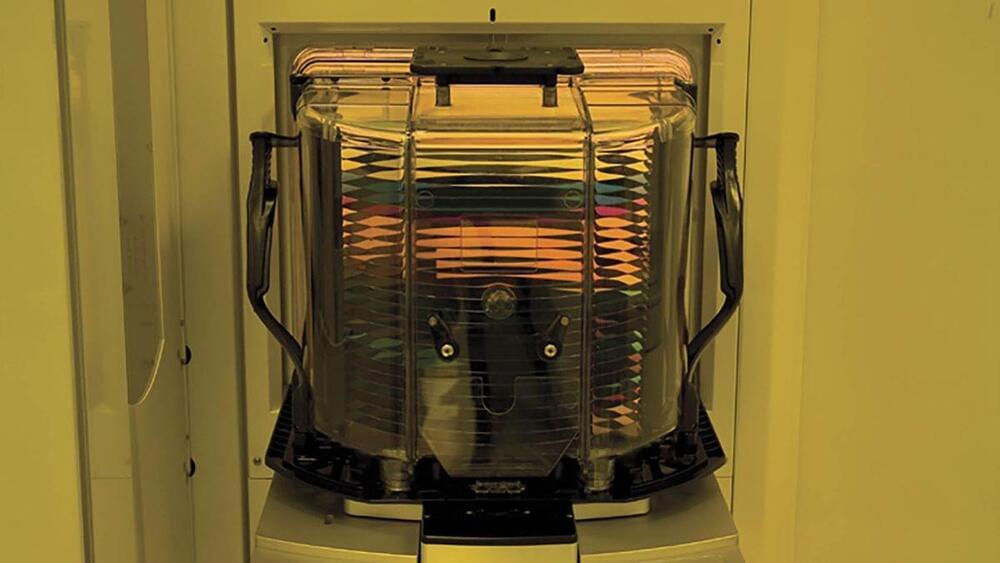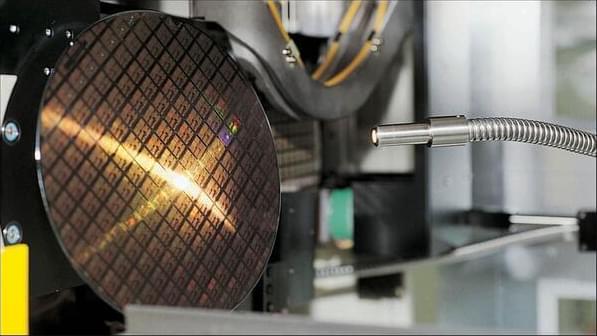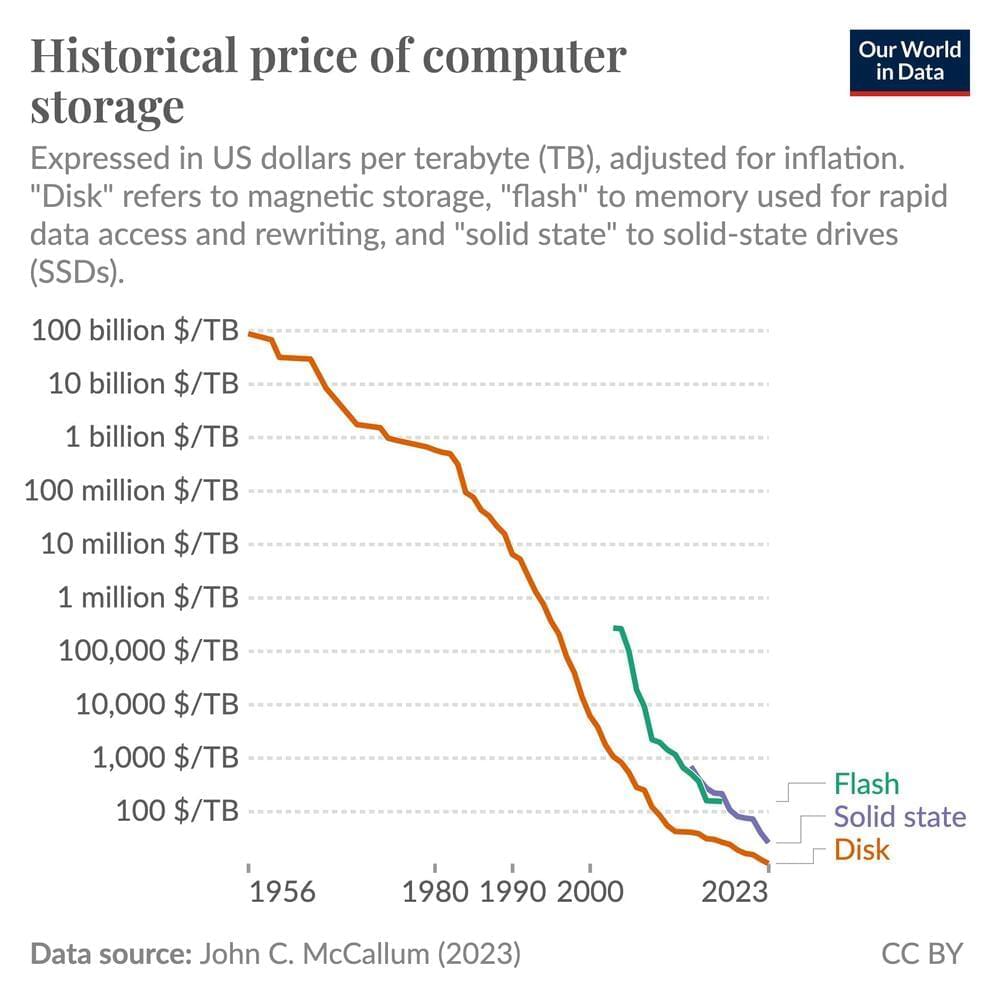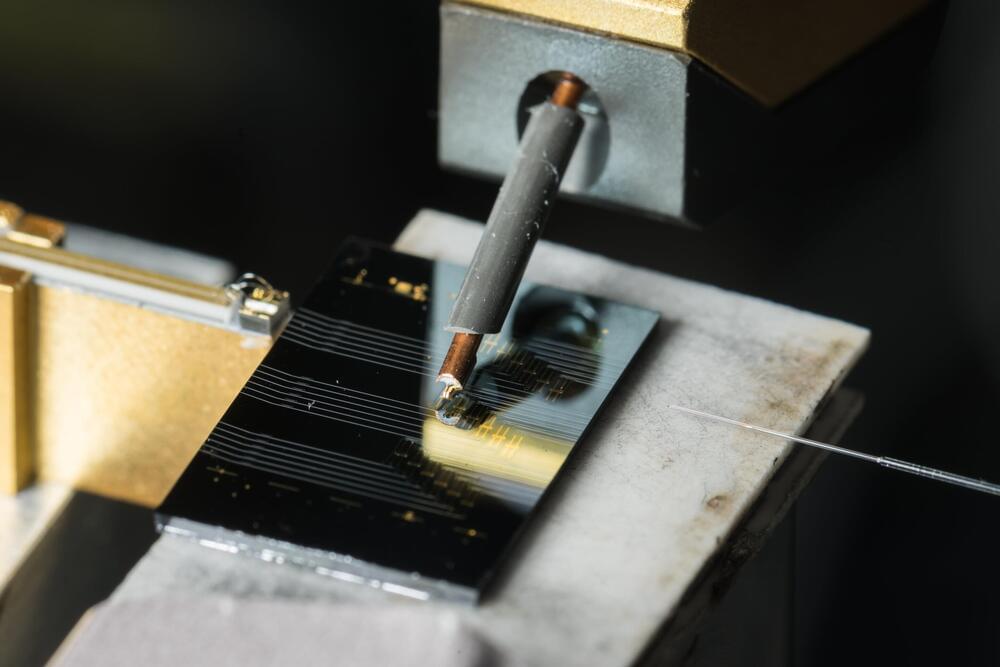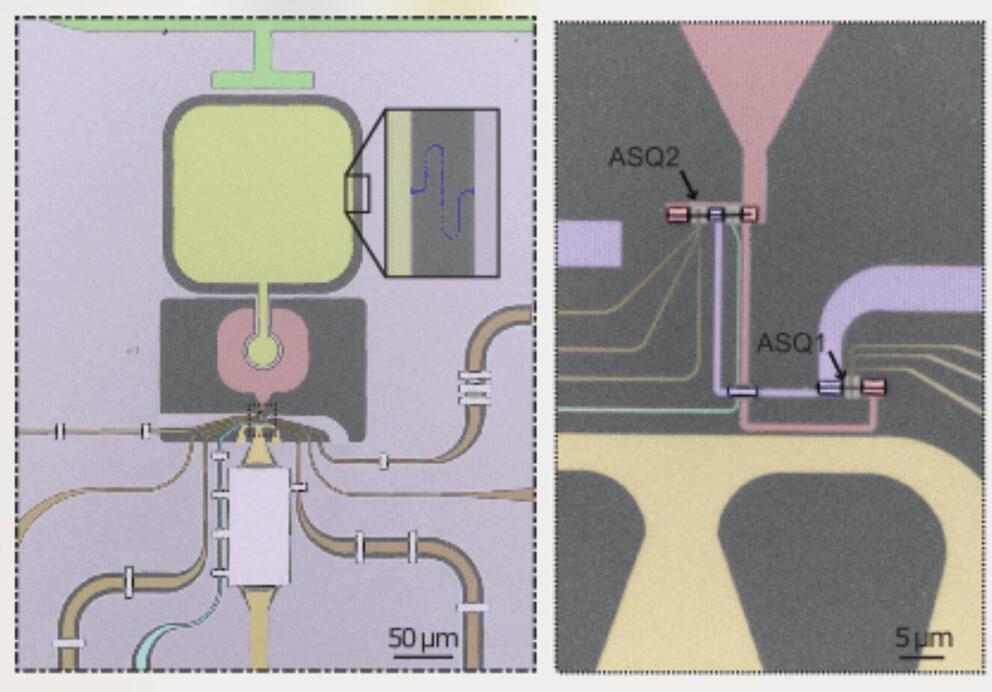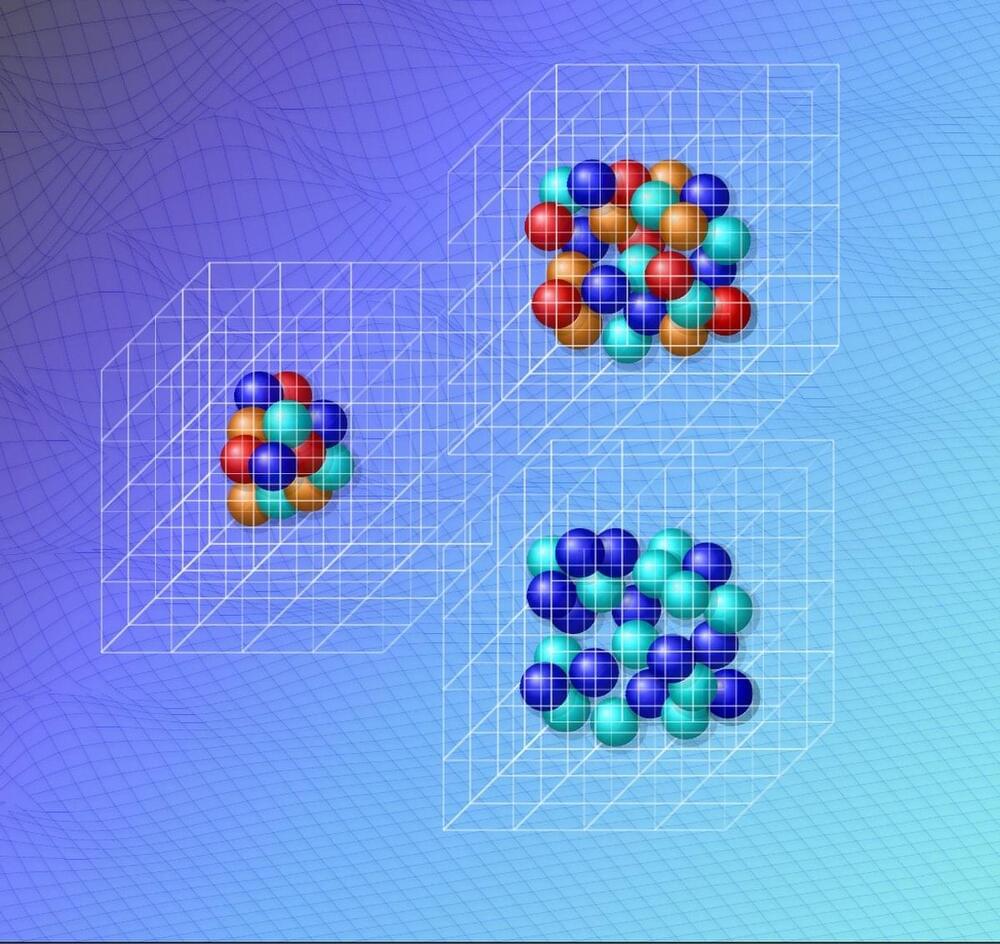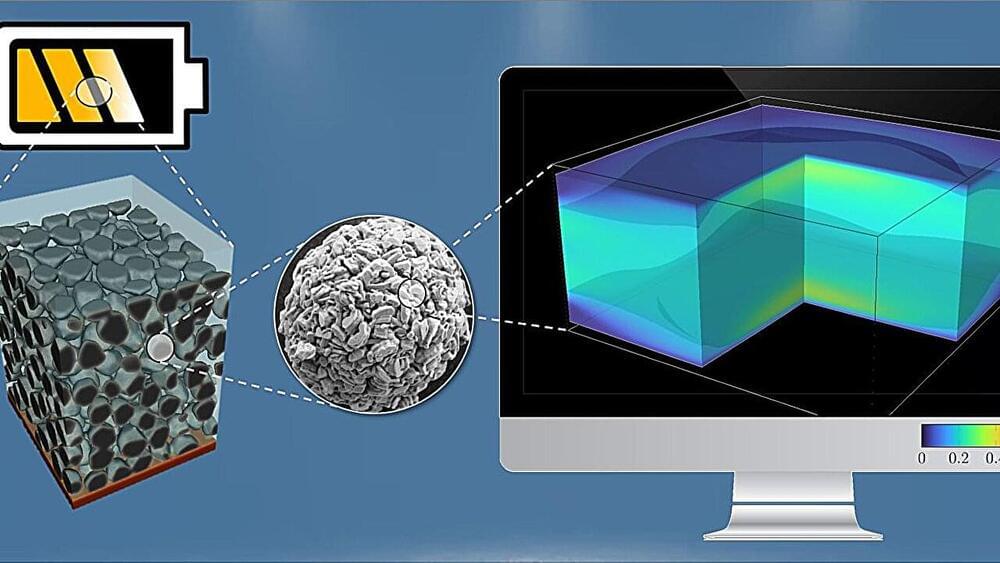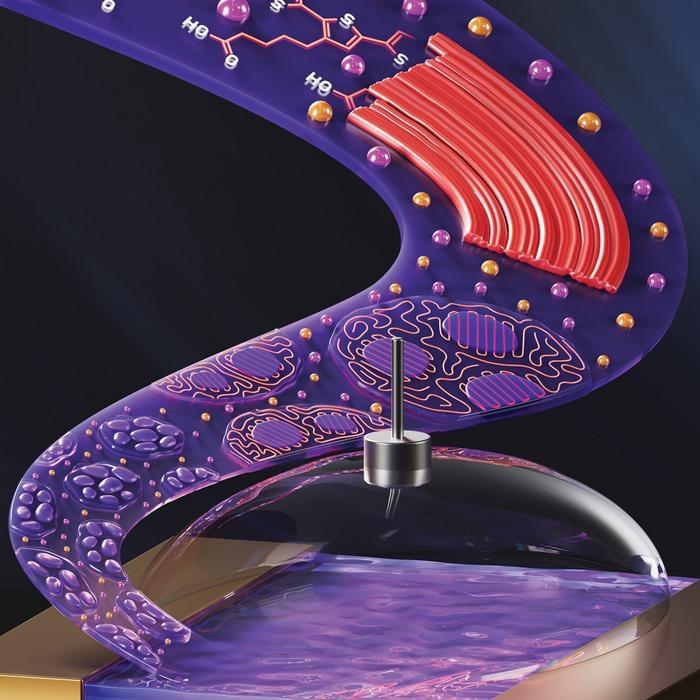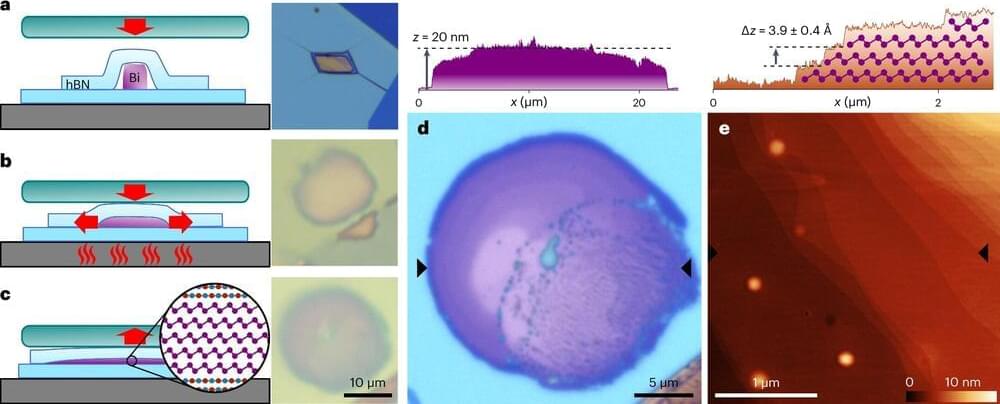May 23, 2024
The world’s largest chipmaker could flip a kill switch and remotely disable its machines in the event of an invasion
Posted by Dan Breeden in category: computing
I found this on NewsBreak:
TSMC is the world’s largest chipmaker, and it produces a massive percentage of the world’s advanced computer chips—by some estimates over the past few years, even around 90%. What happens if something were to happen in that part of the world to disturb this chipmaking ability? It’d be catastrophic, of course, but TSMC and its main machine supplier, Dutch company ASML, say the machines wouldn’t fall into hostile hands.
Citing people close to the matter, Bloomberg reports both TSMC and ASML have ways to disable the lithographic machines located in Taiwan. This kill switch would be able to be remotely activated, should such a drastic action ever be required.
